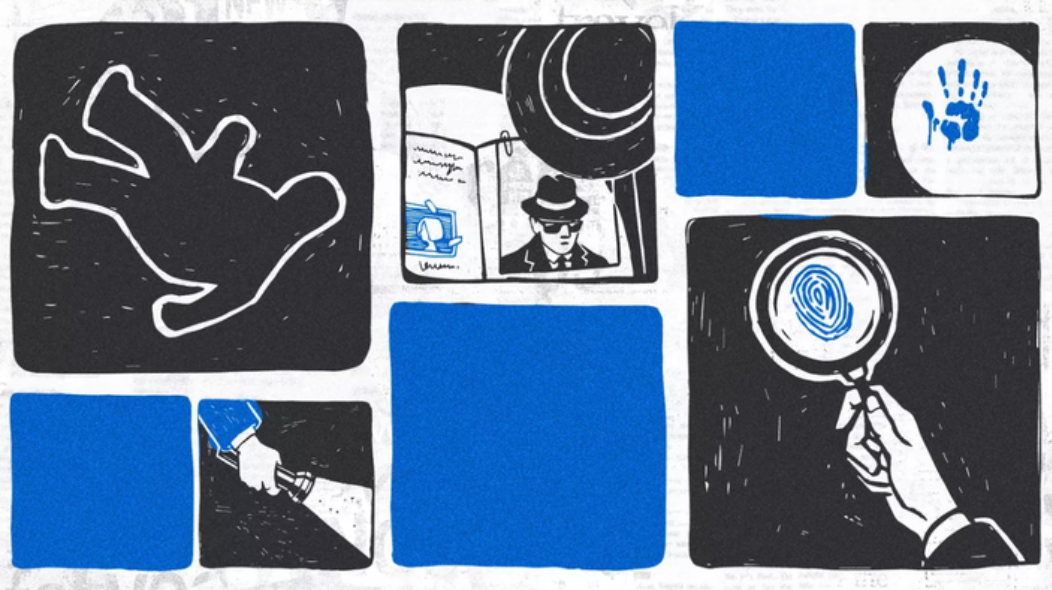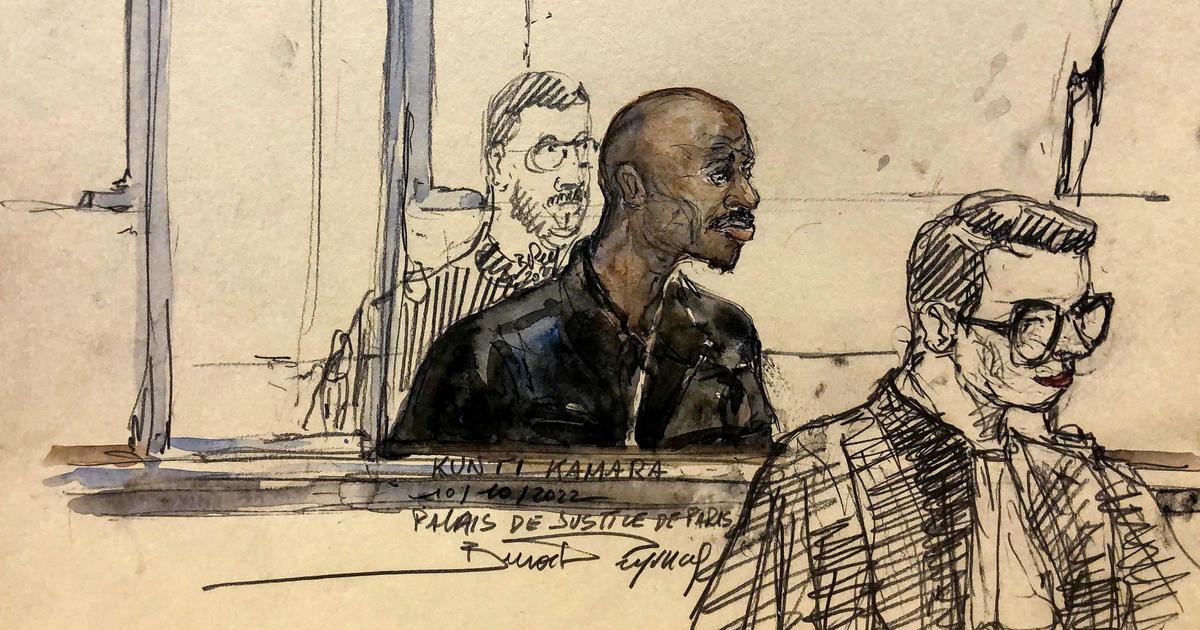He is accused of around thirty rapes, attempted rapes and sexual assaults committed in the Sénart forest (Essonne) between 1995 and 2000: after almost two decades of investigation, a 45-year-old man will be tried from Tuesday 15 September at the Assises d'Evry.
The investigation into the "
rapist of the Sénart forest
", as the press called him, has long stalled.
For lack of evidence, it was even closed for the first time in 2005.
Read also: Suspected rape in Lyon: three arrests in the Paris region
But new DNA analysis techniques finally led at the end of 2015 to the arrest of an uneventful father, Aïssa Z., who disputes the facts after having initially confessed.
The rapes always obeyed the same modus operandi: the assailant circulated on a scooter in the wooded alleys of the forest to locate his victim - often a woman alone with her dog - and pretended to have a breakdown in order to wait until she arrived. his height.
He then threw himself on her and pinned her to the ground, sometimes hitting her in the face.
His crime accomplished, he fled, sometimes offering excuses.
Throughout the investigations which spanned 18 years, the investigators came up against several obstacles.
First of all, the impossibility for the victims to recognize the assailant who never took off his full-face motorcycle helmet.
The means of transport was also a problem, some scooters did not have a license plate at the time.
Most importantly, investigators had to wait for DNA to speak.
Because if samples of sperm and blood were indeed found on 16 victims and made it possible to confirm the hypothesis of a single author, it was not possible to immediately compare them with the data of the national file of genetic fingerprints ( Fnaeg), which only saw the light of day in 1998. In 2005, the case was closed.
The accused confessed, then recanted
Almost ten years later, in 2014, however, it was reopened due to “
new charges
”.
In the process, the genetic material found on the victims is re-analyzed using a new technique: kinship research which makes it possible to find relatives of the individual whose DNA is tested (ascendants and descendants, sometimes brothers and sisters ) thanks to hereditary genes.
This new research leads to a man, registered with the Fnaeg.
The latter is a member of eight siblings including four brothers, including Aïssa Z., who attracts the attention of investigators.
This married father lived not far from the Sénart forest at the time of the events, had a lot of free time (having been a bartender and then unemployed), resembled the description given by the victims and owned many two-wheelers.
A DNA test carried out on Aïssa Z. allows "
to identify her by probability with almost certain certainty
", according to the prosecution.
At the end of 2015, he was indicted for 35 acts of rape, attempted rape and sexual assault.
Questioned by the investigators, the accused declares: "
I do not know what happened, I do not dispute the evidence
", explaining not to remember anything and acknowledging that "
it is shameful what (he ) did
”.
A confession that the accused, described by his relatives and former employers as helpful and honest, strongly contests today.
"
He has been claiming his innocence since the start of the proceedings,
" one of his advisers, Cloé Fonteix, told AFP.
Another of his lawyers, Me Gabriel Dumenil, argues for his part that the personality of Aïssa Z. “
absolutely does not correspond to the profile of the aggressor
” and that the investigation “
was carried out exclusively at the charge
”.
Complainants want to be present during this trial which should last a month.
Like this official who is waiting to see if the accused, "
completely in denial
", will admit the facts, which would allow her to "
turn the page
" of this attack "
which really traumatized her for 20 years and of which she more after-effects
”, according to his advice Laurent-Franck Liénard.















